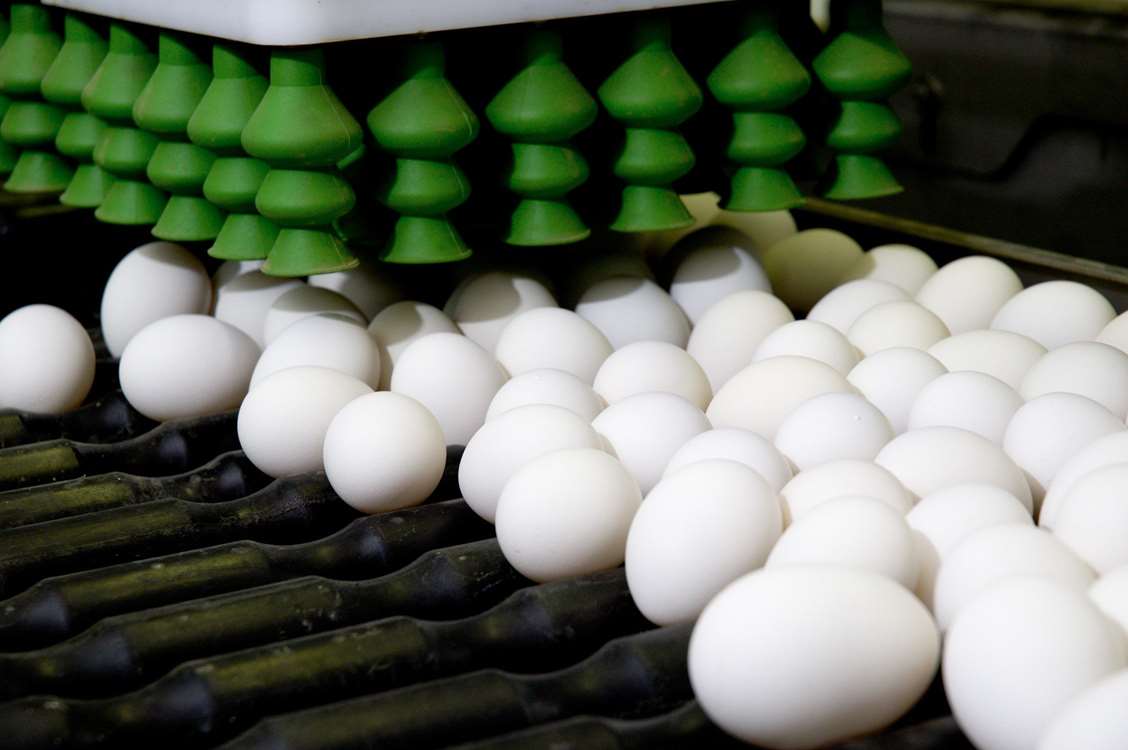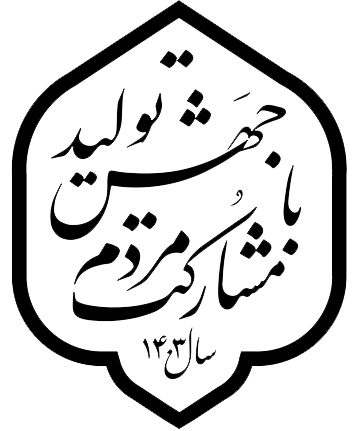Largest egg production plant in Mideast opens in Iran

Largest egg production plant in Mideast opens in Iran
The Middle East's largest egg production facility has come on stream in Iran, promising to increase the country's egg production by 25% and create thousands of jobs.
The project, funded by a 400 billion rial (approximately $9.5 million) loan from Bank Keshavarzi, will produce 750,000 tons of eggs annually, meeting 25% of Iran's national demand. This not only strengthens domestic food security but also opens doors for exports to neighboring countries, generating valuable foreign currency.
"Directing resources towards production chains is a key strategy for Bank Keshavarzi," the report said, according to the public relations office of the Ministry of Agriculture.
"By unveiling a new and comprehensive model for financing production chains, the bank has taken a crucial step towards precise credit allocation and price control."
The project is expected to create over 700 direct and 2,000 indirect jobs, further supporting the local economy. The daily production of 3 million eggs significantly expands Iran's egg production capacity.
This project marks a significant development for Iran's agricultural sector, promoting self-sufficiency, job creation, and export potential. As Bank Keshavarzi emphasizes, investing in integrated production chains promises greater efficiency and control over prices, ultimately benefiting consumers and the national economy.
The Middle East's largest egg production facility has come on stream in Iran, promising to increase the country's egg production by 25% and create thousands of jobs.
The project, funded by a 400 billion rial (approximately $9.5 million) loan from Bank Keshavarzi, will produce 750,000 tons of eggs annually, meeting 25% of Iran's national demand. This not only strengthens domestic food security but also opens doors for exports to neighboring countries, generating valuable foreign currency.
"Directing resources towards production chains is a key strategy for Bank Keshavarzi," the report said, according to the public relations office of the Ministry of Agriculture.
"By unveiling a new and comprehensive model for financing production chains, the bank has taken a crucial step towards precise credit allocation and price control."
The project is expected to create over 700 direct and 2,000 indirect jobs, further supporting the local economy. The daily production of 3 million eggs significantly expands Iran's egg production capacity.
This project marks a significant development for Iran's agricultural sector, promoting self-sufficiency, job creation, and export potential. As Bank Keshavarzi emphasizes, investing in integrated production chains promises greater efficiency and control over prices, ultimately benefiting consumers and the national economy.




